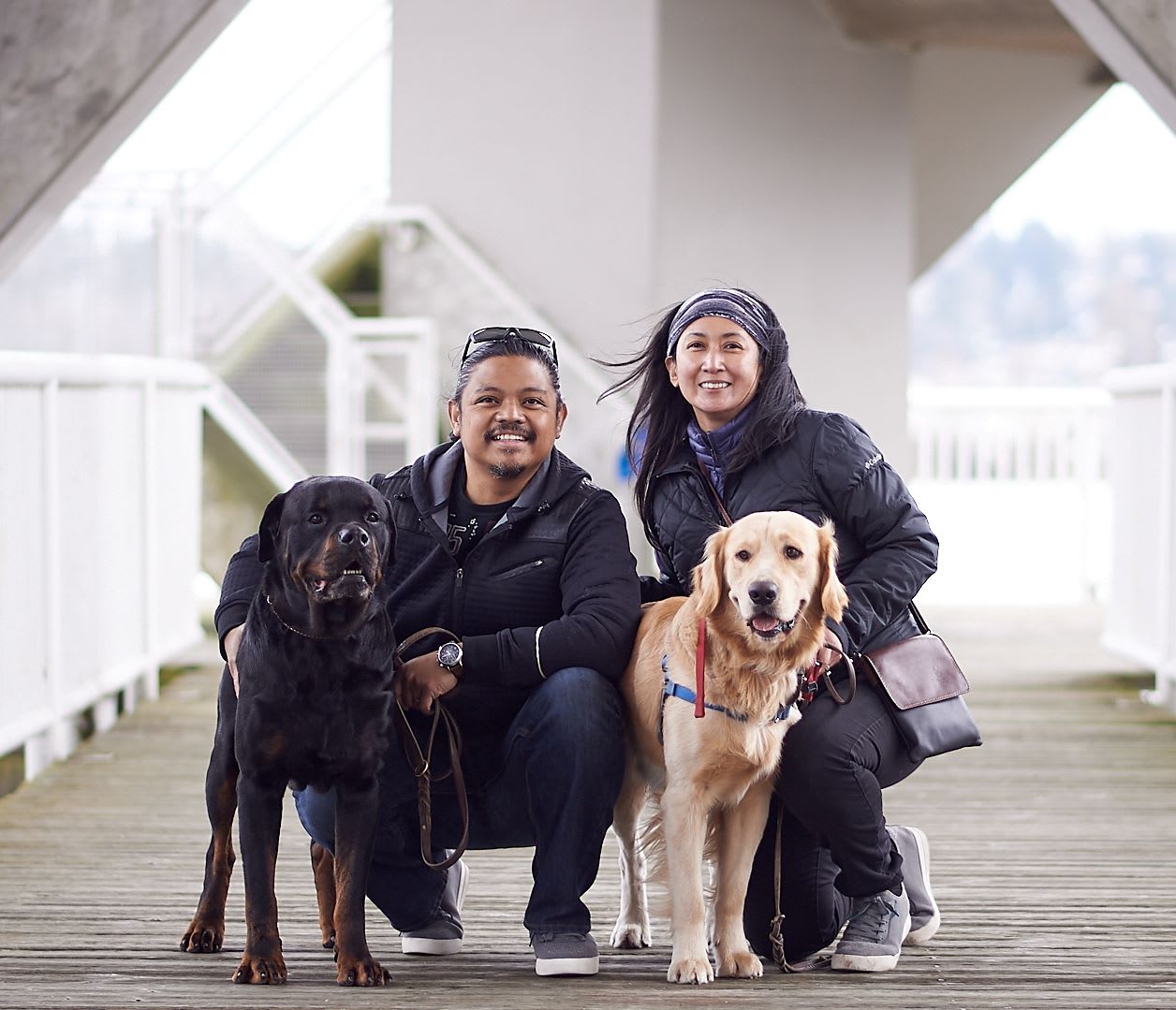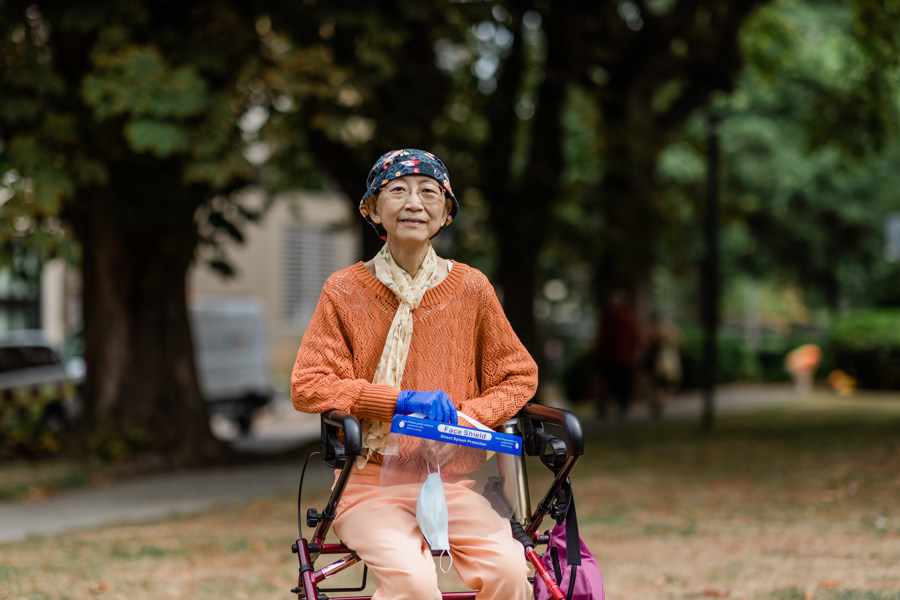Hello all! Thank you very much for the invitation to participate in the BC Cancer Foundation blog. My name is Kelsie and I am a PhD candidate in the laboratory of Dr. Wan Lam where we do lung cancer research.
My interest in science developed during elementary school in Maple Ridge where I grew up. My first mentor was my gym teacher: a very enthusiastic, active woman who taught my class how our hearts pump blood through our bodies. I remember being totally fascinated and looking forward to each gym class to learn about how the body works. When she passed away from cancer a few years later, it was my first encounter with the disease, although I didn’t really know what “cancer” meant back then.
I have always been involved in team sports and enjoyed studying science in high school. During my undergraduate training at Simon Fraser University I was extremely privileged to combine these two passions: I played varsity basketball and obtained a bachelor’s degree in cell and molecular biology. One of my favourite courses was genetics and in one lecture we got a brief introduction to cancer. I wanted to understand more about how cancer cells arise so I decided to pursue a graduate degree in cancer genetics. I knew I wanted to study close to home so I looked for opportunities at the BC Cancer Research Centre. After doing some research I quickly learned that the BC Cancer Agency is world-renowned for its patient care and research programs. Fortunately, Dr. Lam accepted me into his laboratory four years ago and I have been studying lung cancer genetics ever since.
My thesis work involves studying the development of lung cancer in non-smokers. Most people don’t realize that this group comprises up to 25% of all lung cancer patients, and I am trying to understand the mechanisms and biology responsible for lung cancer in this particular patient cohort. The ultimate goal of my research is to discover a new feature of never smoker lung cancer that might be useful in the clinic as a diagnostic or prognostic marker or a therapeutic target. My research involves a large group of scientists including other graduate students and researchers at the BC Cancer Research Centre (BCCRC) and at different institutions across North America. I am confident that through our collaborative work together, we will make headway in the battle against never smoker lung cancer.
Take care, Kelsie


